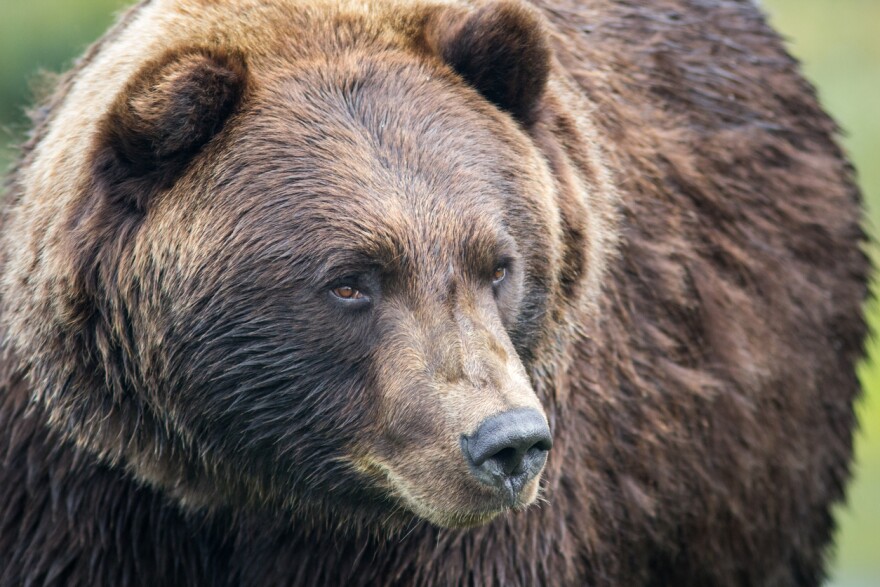Montana's Fish and Wildlife Commissioners approved the Tri-State Memorandum of Agreement with Wyoming, Idaho and federal wildlife managers. Montana is the last state to sign onto the plan.
Montana Fish, Wildlife and Parks Administrator Ken McDonald told commissioners the agreement addresses concerns about gene flow laid out in 2017 litigation that blocked a grizzly delisting. The deal will go into effect if grizzlies in the ecosystem are delisted from federal endangered species protections.
“The three states in this MOA are agreeing to move some bears from the north continental divide to the GYE. And, that process is hopefully underway right now,” McDonald said.
Montana, Idaho and Wyoming committed to maintain a minimum population of 800-950 bears in the ecosystem, and set limits for how many bears can be killed or removed from that area.
Opponents say the monitoring area’s size is too small and doesn’t consider the impact of bear deaths outside that range. Jeff Lukas with the Montana Wildlife Federation said the plan also doesn't do enough to address connectivity
“We would like to reiterate that managing grizzly bear population decline post delisting, as described in the conservation strategy is biologically unacceptable for the relatively small and isolated grizzly bear population in the Greater Yellowstone Ecosystem,” Lukas said.
Many wildlife groups are also critical of the state's connectivity solution — trucking bears from one population to another, and grizzly hunting under state management. Montana has prohibited hunting for the first five years after delisting, but the other two states have not.
Other wildlife and sportsmen's groups support the agreement. Ben Lamb, with the Montana Conservation Society says this represents a success story in population recovery since the bruins were first placed under Endangered Species Act protections in the 70s.
“I think what the agency has done over the last few years to prepare for the eventual de-listing at grizzly bears has been truly, truly well done,” Lamb said.


